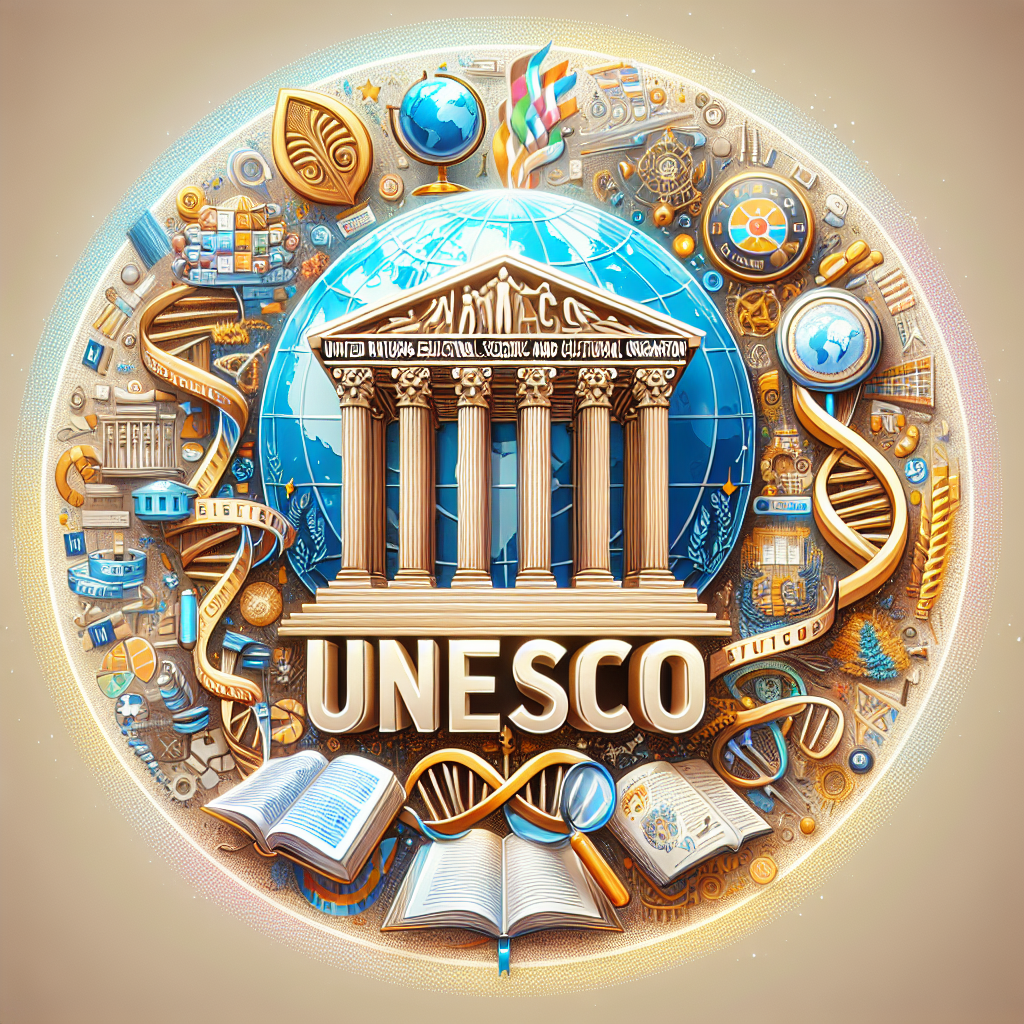U.S. and UNESCO: A Rollercoaster Relationship
The U.S. and UNESCO's longstanding and tumultuous relationship is marked by multiple withdrawals and rejoinings. From its first exit in 1984 due to political and financial disagreements to recent controversies over biases, the U.S. has repeatedly changed its stance, reflecting broader geopolitical and cultural tensions.

The United States' relationship with UNESCO has been nothing short of a rollercoaster ride, riddled with exits and re-entries. President Trump has made headlines once again by announcing the U.S. withdrawal from the United Nations culture and education agency, a decision that mirrors his first-term move, which President Biden had reversed.
UNESCO, founded on November 16, 1945, aims to advance international peace and the welfare of mankind. Despite being a founding member in 1946, the U.S. has had a tumultuous history with the organization, withdrawing in 1984 due to perceived politicization and financial mismanagement during the Cold War era.
The relationship continued to sway with the financial blockade against UNESCO over Palestinian membership, a brief rejoining under President Bush, and subsequent withdrawals rooted in anti-Israel bias allegations and cultural disagreements. The latest move signifies a deeper fray within the international cultural alliance.
(With inputs from agencies.)
- READ MORE ON:
- US
- UNESCO
- Trump
- withdrawal
- culture
- education
- politics
- Biden
- World Heritage
- Palestine
ALSO READ
Rishi Sunak's Next Move: From Politics to Finance
Shaping the Future: Vice Chancellors' Conference on National Education Policy 2020
NBFCs Adapt as Education Loan Growth Slows Amid US Policy Changes
Power Misuse Scandal: MLA Slap Incident Rock Maharashtra Politics
Language Politics Escalate: Congress and Shiv Sena Accuse BJP of Polarization










